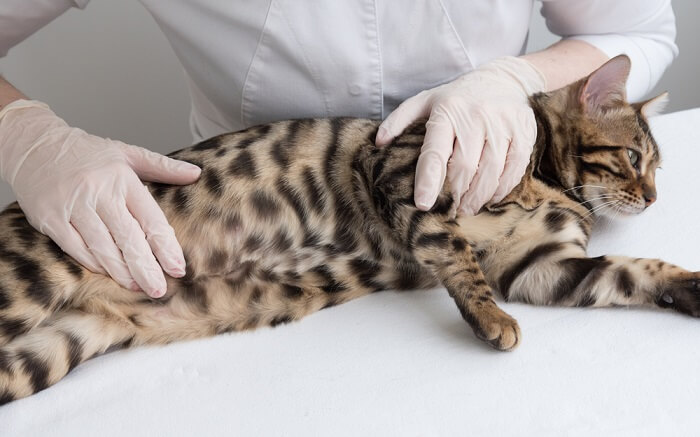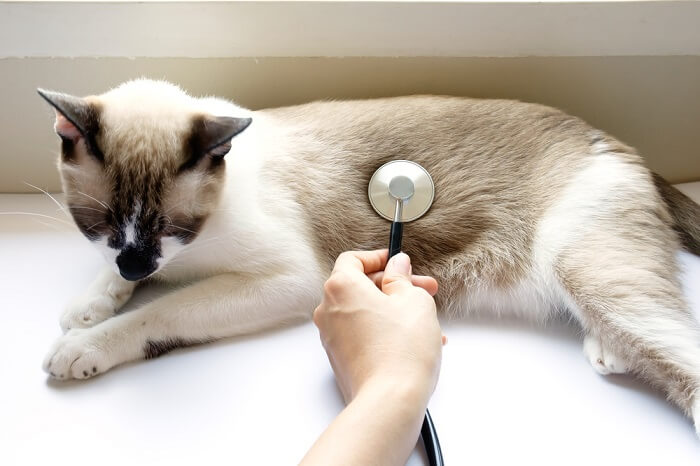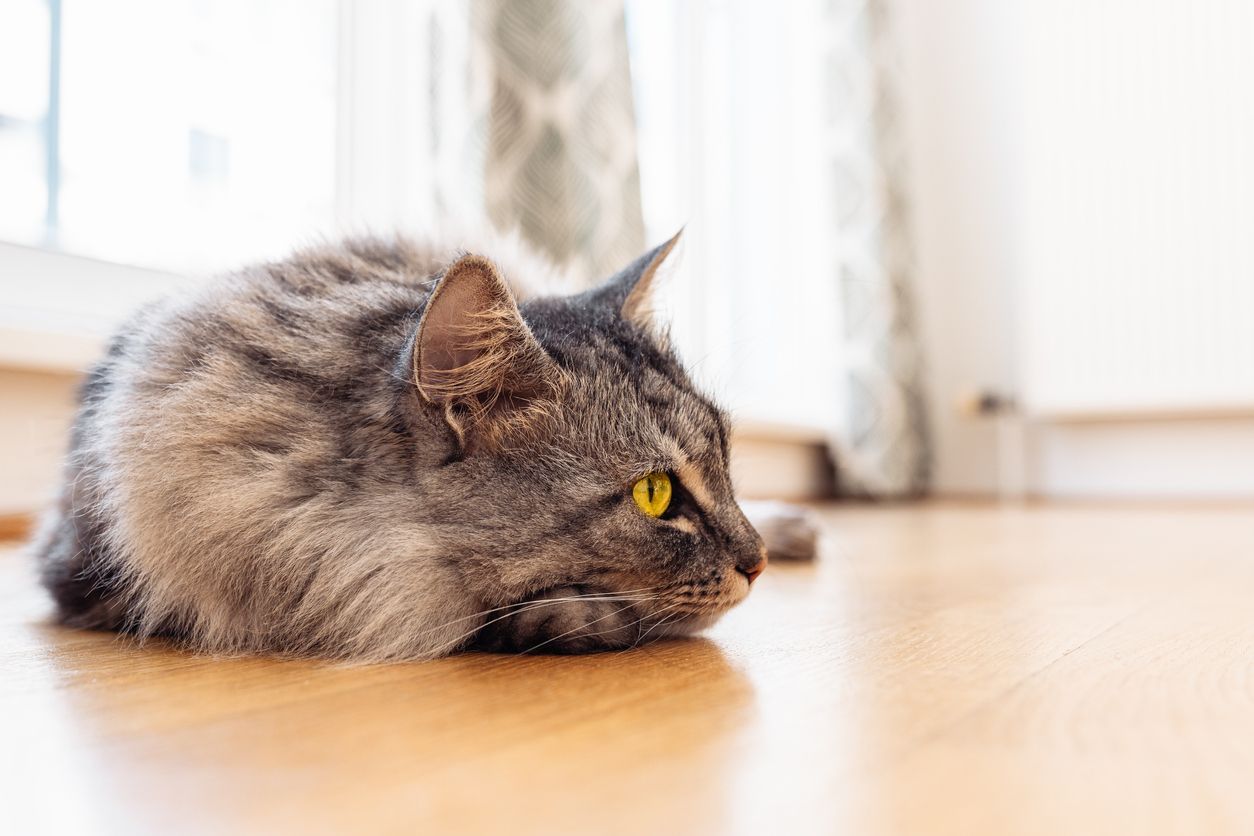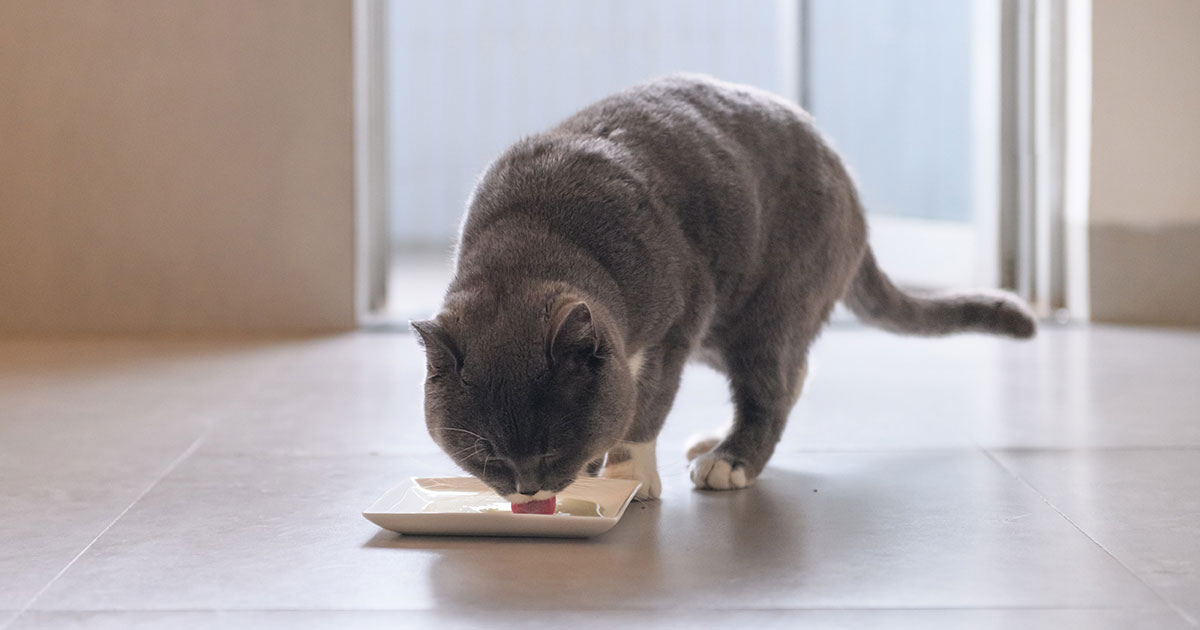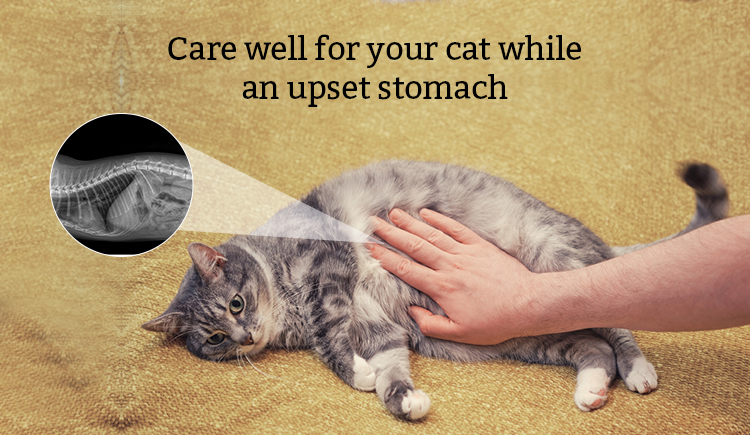What Can You Give A Cat With An Upset Stomach
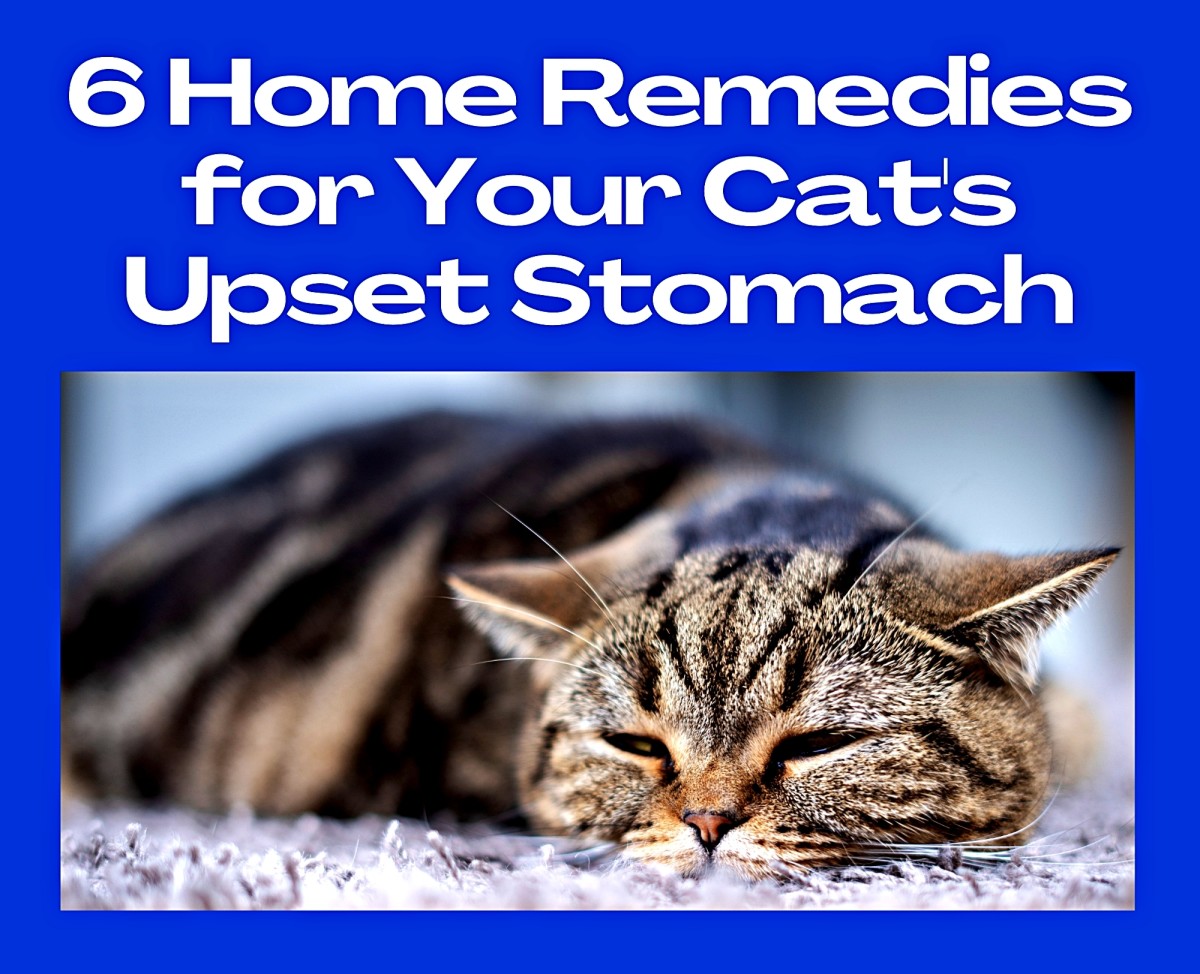
A distressed, retching cat is a sight no pet owner wants to witness. When your feline companion experiences an upset stomach, the urge to help is immediate. However, offering the wrong remedy can worsen the situation. Knowing what to safely give a cat with an upset stomach requires careful consideration and, ideally, veterinary guidance.
This article delves into safe and effective strategies for managing feline digestive upset. The key is providing supportive care, identifying potential causes, and understanding when professional veterinary intervention is absolutely necessary to rule out serious underlying conditions. We'll explore dietary adjustments, home remedies, and over-the-counter options while emphasizing the importance of responsible and informed decision-making.
Understanding Feline Digestive Upset
Feline digestive upset manifests in various ways, including vomiting, diarrhea, loss of appetite, and lethargy. These symptoms can be triggered by several factors, ranging from dietary indiscretion (eating something they shouldn't) to more serious underlying medical conditions.
Identifying the cause is crucial, but providing immediate relief is also important. Observe your cat's symptoms carefully, noting the frequency, severity, and any accompanying signs like blood in the vomit or stool.
Dietary Adjustments: A Cornerstone of Treatment
One of the first steps in managing an upset stomach is adjusting your cat's diet. A period of fasting, typically for 12-24 hours (always under veterinary guidance, especially for kittens or cats with underlying health issues like diabetes), can allow the digestive system to rest and recover.
After fasting, introduce a bland diet. Boiled, skinless chicken or white fish (cod, haddock) mixed with plain white rice is often recommended. This combination is easily digestible and less likely to further irritate the digestive tract.
Offer small, frequent meals of the bland diet throughout the day. This approach helps prevent overwhelming the digestive system and reduces the likelihood of vomiting.
Safe Home Remedies and Over-the-Counter Options
Certain home remedies can provide additional relief, but proceed with caution and always consult your veterinarian first. Plain, unsweetened pumpkin puree (not pumpkin pie filling) is a good source of fiber that can help regulate bowel movements.
A small amount, typically 1-2 teaspoons mixed with food, can help with both diarrhea and constipation. Make sure it is pure pumpkin and doesn't have added spices that could be harmful to cats.
Over-the-counter options for cats are limited, and many human medications are toxic to them. Probiotics specifically formulated for cats can help restore balance to the gut microbiome. Always confirm with your veterinarian before administering any over-the-counter medication.
When to Seek Veterinary Care
While many cases of feline digestive upset resolve with home care, certain symptoms warrant immediate veterinary attention. Persistent vomiting or diarrhea, especially if accompanied by blood, is a red flag.
Lethargy, dehydration, abdominal pain, or a complete loss of appetite are also concerning signs. These symptoms could indicate a serious underlying condition, such as a foreign body obstruction, pancreatitis, or inflammatory bowel disease (IBD).
Don't hesitate to seek professional help. Early diagnosis and treatment can significantly improve your cat's prognosis and prevent complications.
Understanding Potential Underlying Causes
Digestive upset can stem from numerous underlying causes. Parasitic infections, such as worms or protozoa, are common culprits. Food allergies or sensitivities can also trigger digestive problems.
Inflammatory Bowel Disease (IBD) is a chronic condition that can cause inflammation and irritation of the digestive tract. Other potential causes include pancreatitis, liver disease, kidney disease, and hyperthyroidism.
Your veterinarian can perform diagnostic tests, such as bloodwork, fecal exams, and imaging (X-rays or ultrasound), to identify the underlying cause of your cat's symptoms. This will aid in developing a tailored treatment plan.
Prevention is Key
Preventing digestive upset is often possible through responsible pet ownership. Feed your cat a high-quality diet that is appropriate for their age and lifestyle.
Avoid sudden dietary changes, as these can disrupt the gut microbiome and lead to digestive problems. Introduce new foods gradually over several days.
Keep harmful substances out of your cat's reach. This includes medications, cleaning products, and poisonous plants. Regular deworming and flea prevention are also essential for maintaining good digestive health.
The Future of Feline Digestive Health
Research into feline digestive health is ongoing, leading to new insights and treatment options. The role of the gut microbiome in feline health is increasingly recognized.
Probiotics and prebiotics are being studied for their potential to improve digestive function and overall well-being. Novel diagnostic tools, such as advanced genetic testing, are also being developed to identify and manage feline digestive disorders more effectively.
By staying informed about the latest advancements in feline digestive health and working closely with your veterinarian, you can help ensure your cat enjoys a happy and healthy life. Ultimately, responsible care, early intervention, and a proactive approach are essential for managing and preventing feline digestive upset.






